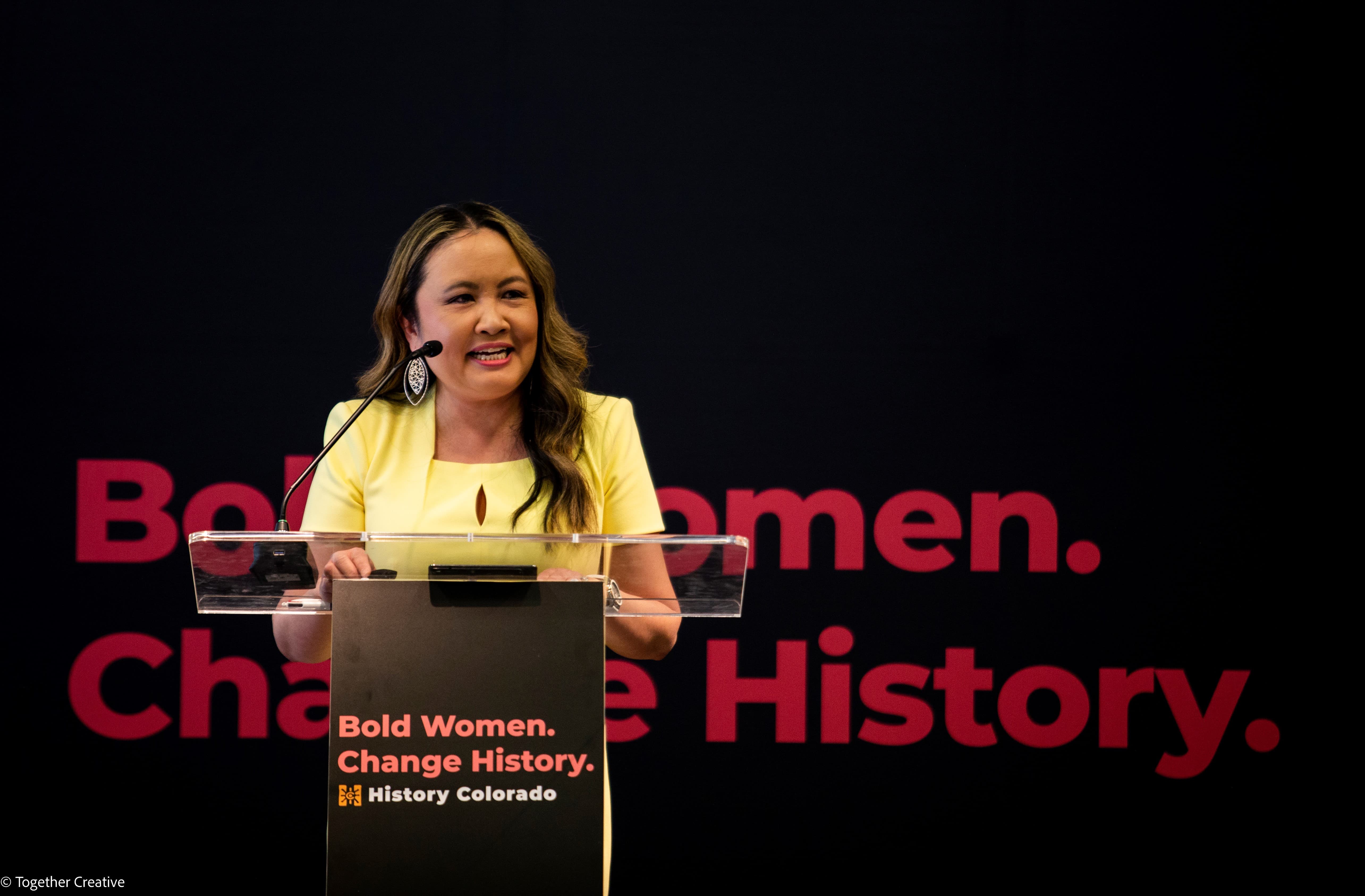#19
Online MCJ
2024 Rankings
U.S. News & World Report
The University of Colorado Denver’s Master of Criminal Justice program combines research, theory, policy, and praxis. It allows students to explore a wide variety of topics in law enforcement, courts, and corrections. The MCJ enables students to develop critical thinking skills and system insights that promote exceptional leadership skills. The degree prepares students to work at local, state, or federal agencies or pursue a PhD in criminology and related fields. With nationally renowned faculty and expert practitioners, students gain a comprehensive graduate education in criminology and criminal justice.
#19
Online MCJ
2024 Rankings
U.S. News & World Report
Total Credits
36
Tuition & Fees
Approximately $27,000*
*Based on full-time, continuous enrollment with 2023-24 resident tuition rate and fees.Course Modalities
In-person, online & hybrid
Time to Degree
Full Time: 2 Years
Max: 7 Years
Application Deadlines
Fall: August 1
Spring: Dec 1
Summer: May 1
Students will develop an in-depth understanding of structures, practices, and challenges associated with crime and criminal behavior. With a focus on practical and theoretical skills that include research methods and statistics, diversity, inclusion, and communication, students will be well-equipped to successfully navigate ambiguity, conflict, and change in the context of criminal justice systems.
The Master of Criminal Justice program prepares you to work in various agencies and leadership roles in the criminal justice field. Graduating students are well-equipped for law enforcement, corrections, and court careers. Alumni are employed in investigations, crime analysis, probation, parole, re-entry organizations, advocacy positions, think tanks, and more!
Learn about the courses you need to complete to earn the Master of Criminal Justice.
May 15 - 17, 2024 in Syracuse, New York
New COPPR website coming soon.
COPPR Mission and Impacts
The Consortium on Policy Process Research (previously known as the Conference on Policy Process Research) mission is to advance the scholarship of policy process theory and methods. It embraces a broad interpretation of theories and methods, supporting a plurality of theoretical perspectives. It welcomes both emergent and established theories and methods and questions of what it means to conduct science and engage with our communities. COPPR seeks to support both established and emerging research communities and build bridges among them. COPPR includes critical assessments of the lessons learned from the past, challenges to contemporary boundaries, proposals for innovative research agendas, and arguments of what our future should be.
COPPR targets seven components of policy process research:

Nga talks about her lifelong commitment to advocating on behalf of refugees, immigrants, and other forcibly displaced people here in Colorado and around the world.